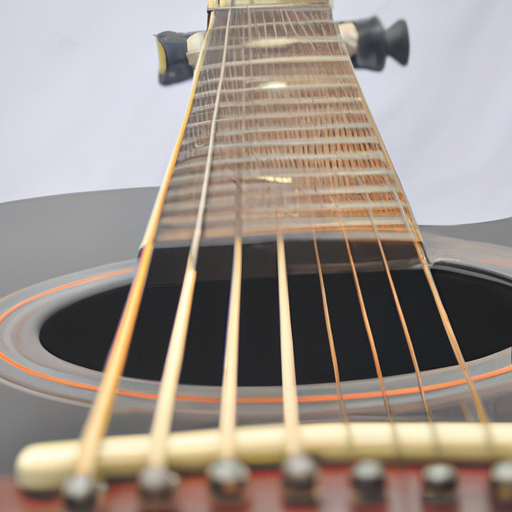
When it comes to playing the guitar, choosing the right instrument is crucial. Whether you are a beginner or an experienced player, finding the perfect guitar can greatly enhance your playing experience and help you achieve the sound you desire. In this article, we will discuss the important factors to consider when choosing a guitar to ensure that you find the perfect match for your needs.

Choosing the right guitar is essential because it can greatly impact your playing style, technique, and overall enjoyment of playing. A guitar that suits your needs and preferences will make learning and practicing easier, and ultimately help you become a better musician.

Before you start looking for a guitar, it's important to determine your playing style. Are you interested in playing acoustic or electric guitar? Do you prefer fingerstyle or strumming? Understanding your playing style will help you narrow down your options and choose the right type of guitar.
The type of music you want to play is another crucial factor to consider. Different guitars are designed to produce different sounds. For example, if you want to play blues or rock, an electric guitar may be the best choice. On the other hand, if you prefer folk or country music, an acoustic guitar might be more suitable.
It's important to set a budget for your guitar purchase. Guitars can range in price from affordable to extremely expensive. Determine how much you are willing to spend and stick to your budget. Remember, a higher price tag doesn't always guarantee better quality or sound.
Guitars come in various sizes and shapes. It's important to choose a guitar that feels comfortable and fits your body well. If you have smaller hands, you may prefer a smaller-sized guitar. Additionally, the body shape of the guitar can affect the sound it produces, so consider this when making your decision.
The type of wood used in the construction of a guitar can greatly impact its tone and sound. Different woods have different characteristics and can produce different levels of warmth, brightness, and sustain. Research the different types of wood used in guitars and choose one that aligns with the sound you desire.
If you are choosing an electric guitar, pay attention to the hardware and electronics. The quality of the pickups, tuners, bridge, and other components can greatly affect the sound and performance of the guitar. Make sure to do your research and choose a guitar with high-quality hardware and electronics.
It's always recommended to try out different guitars before making a final decision. Visit a music store and play different guitars to get a feel for their sound, playability, and comfort. This will give you a better understanding of what you like and what feels right for you.
If you're unsure about which guitar to choose, don't hesitate to ask for recommendations from experienced guitar players, teachers, or music store staff. They can provide valuable insights and guidance based on their knowledge and experience.
Choosing the perfect guitar is a personal and exciting journey. By considering factors such as your playing style, the type of music you want to play, your budget, size and shape preferences, type of wood, hardware and electronics, and by testing out different guitars and seeking recommendations, you will be able to find the guitar that suits you best. Remember, finding the perfect guitar is not only about the technical aspects but also about the emotional connection you have with the instrument. So take your time, explore your options, and enjoy the process of finding your perfect guitar.